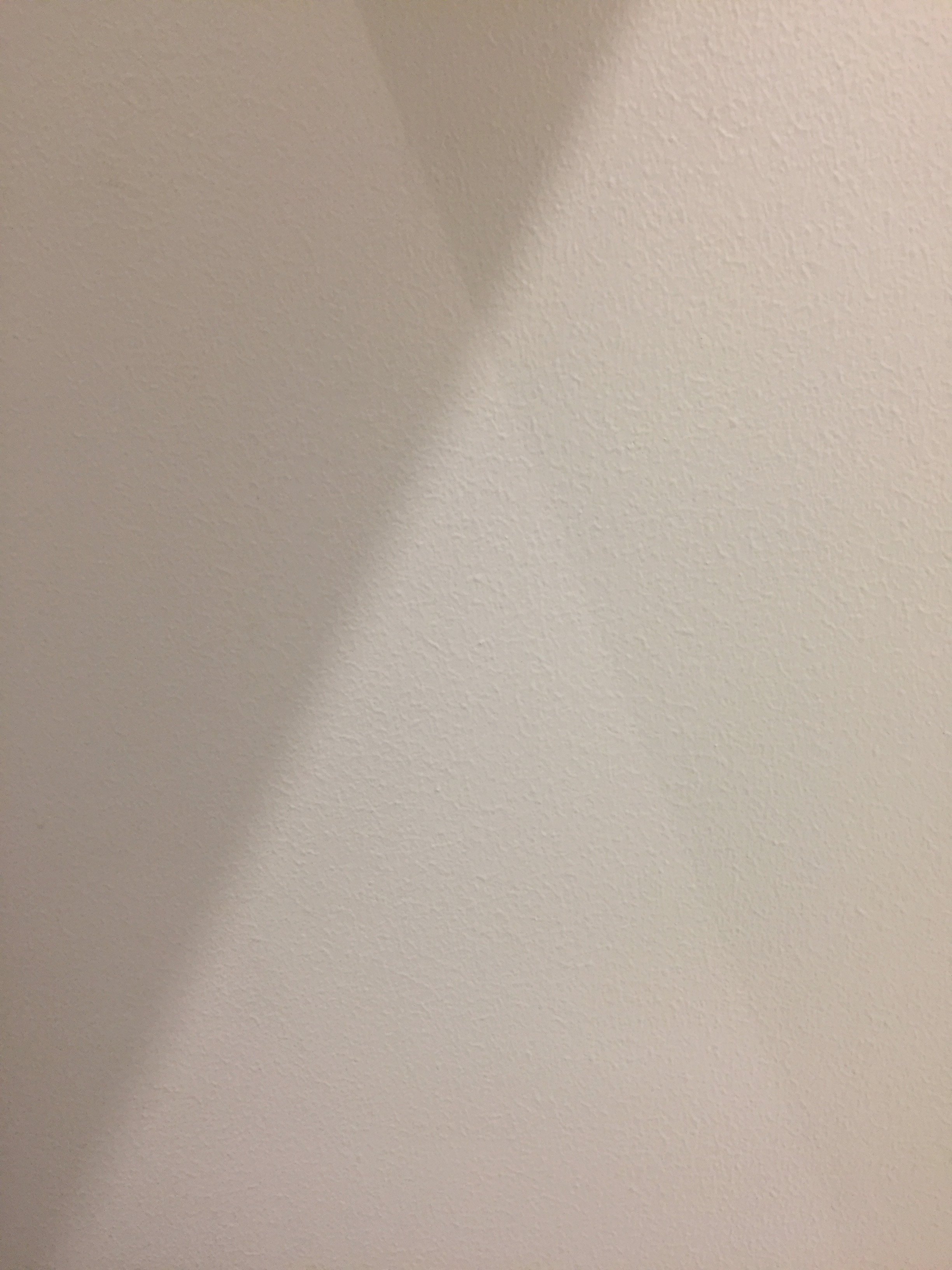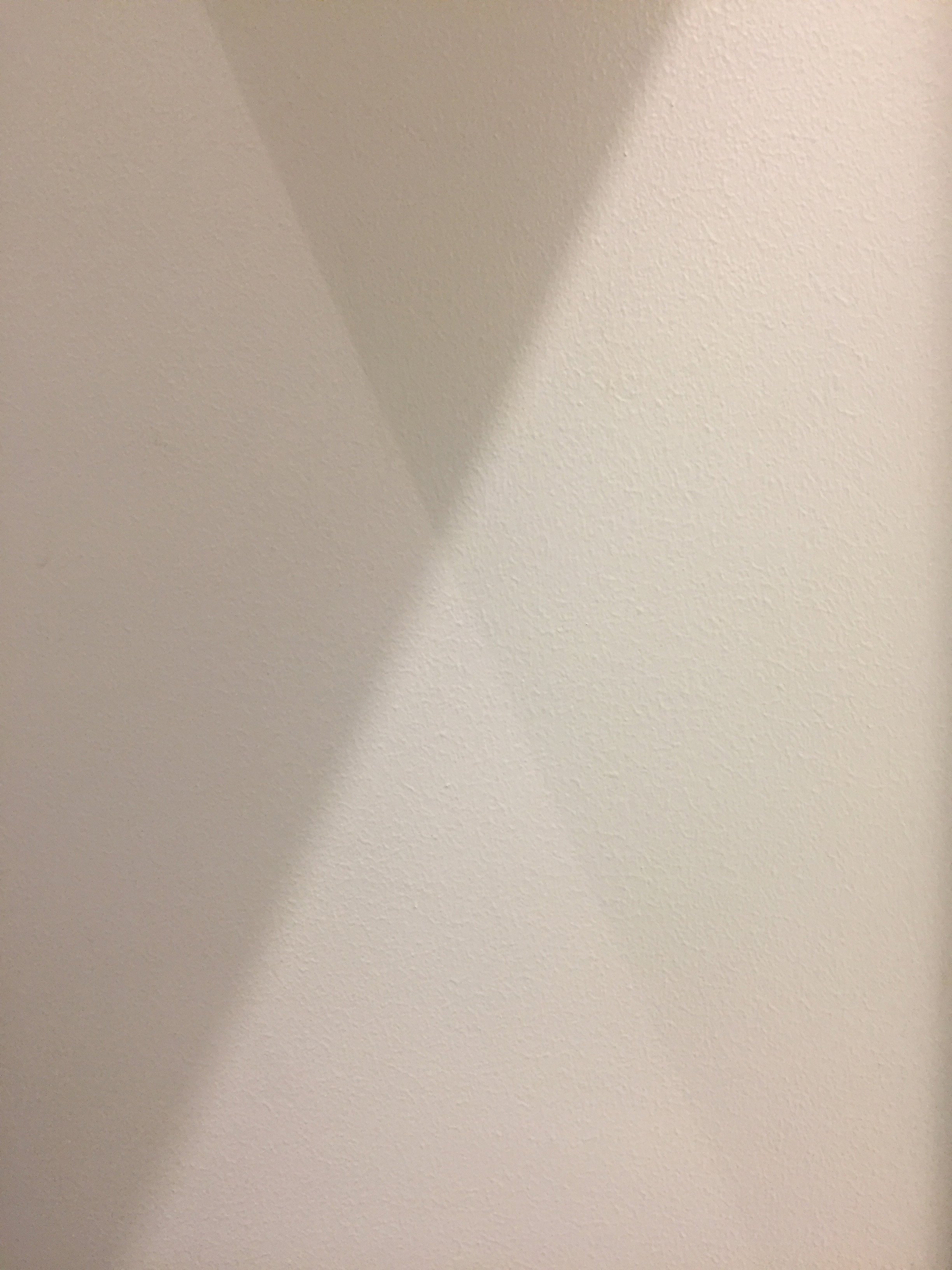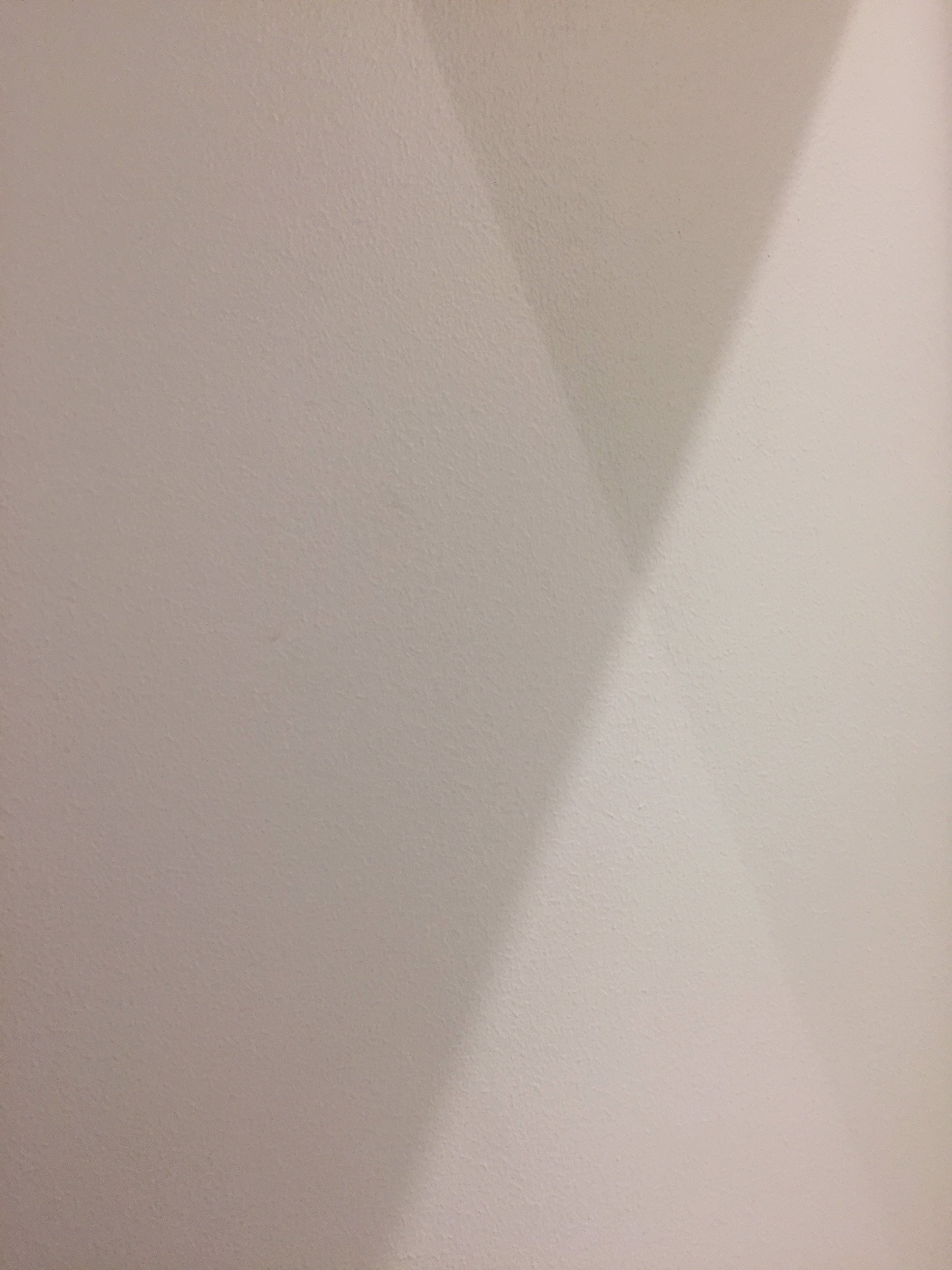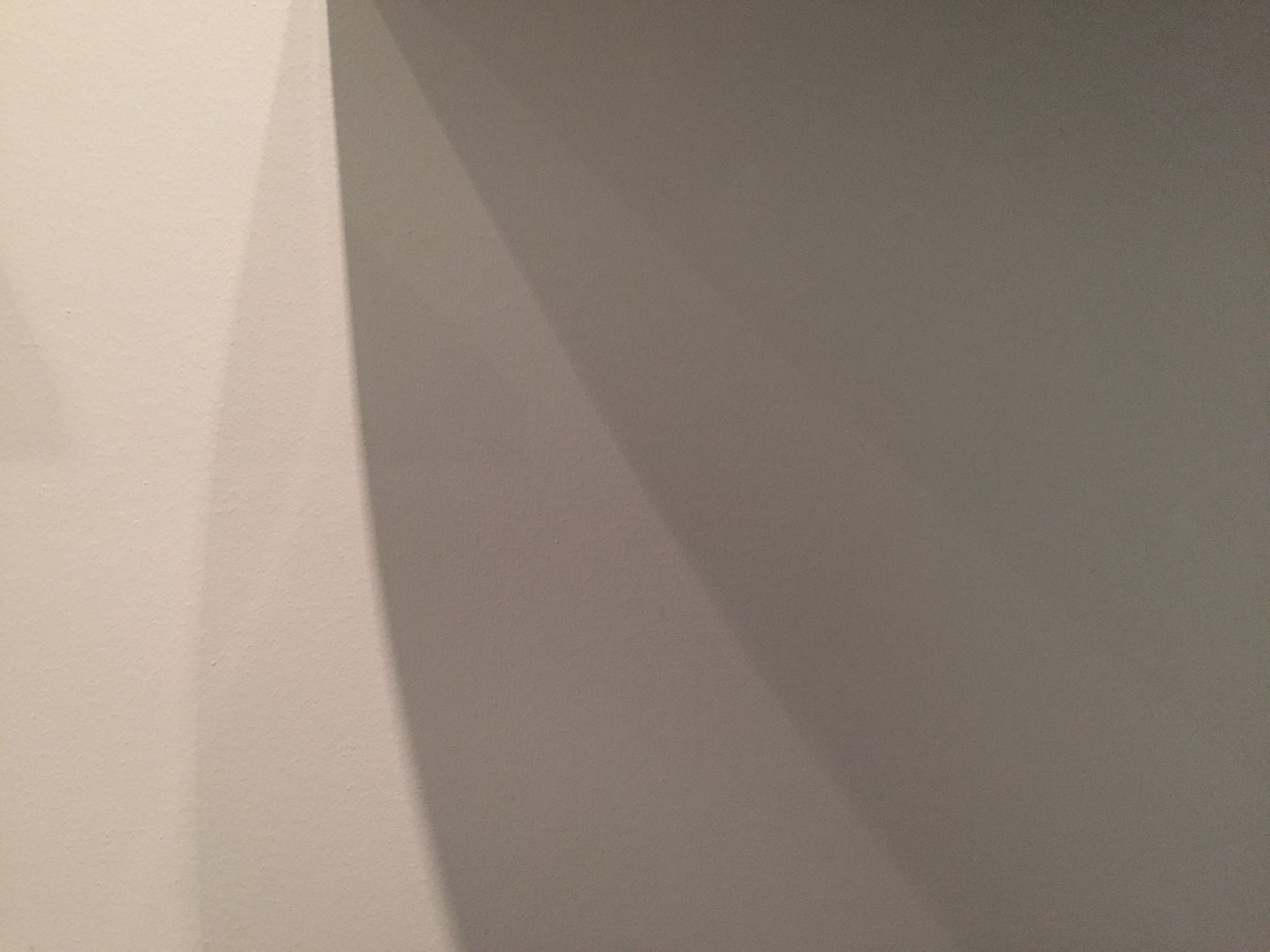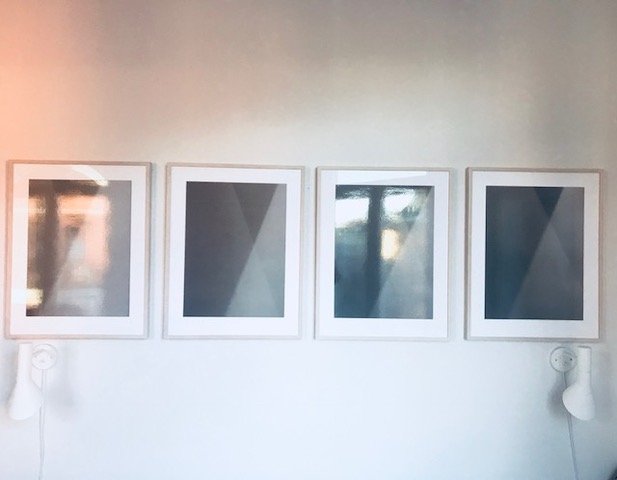CASSIUS MATTHIAS’S EULOGY TO SWEDISH POET JOHANNA EKSTRÖM
JOHANNA EKSTRÖM
(9 MAY 1970–13 APRIL 2022)
My remembrances of talking with Johanna Ekström, and of being with her whenever she happened to be London, are vivid—and profound. Time spent with Jo, as she preferred to be called by her friends, was always a glowing, uplifting experience: playful, fun and with plenty of laughter (usually accompanied with a glass or two of Taittinger).
Embedded deep, at a somewhat starker centre beneath the layer of her contagious and tender irreverence, was a razor-sharp eye—a brilliant pearl enclosed in a dark shell yet gazing at the essence of life in the raw; all the pain, the sorrow, the trauma, and the reality of what it means to feel human, tobe human, and to be alive.
Jo had an intense curiosity about pretty much everything she encountered; or, rather, anything that fired the kiln of her fertile imagination. Her enthusiasm for embracing life was unbounded.
I was introduced to Jo through James Linville Scott in 2018. I’d only recently met James through a mutual friend to all three of us—Adrian Dannatt. When James discovered YES & NO through Adrian, he immediately thought that Jo and I would get on. He encouraged me to write to her, to introduce myself and the magazine with a view towards her making an artistic contribution. I posted the third edition to Jo with an accompanying letter, and a few weeks later we spoke on the phone. This was to be the first of many telephone conversations and the start of a close collaboration, which quickly transformed into an enduring friendship. From that day on, we kept in touch on a regular basis and Jo contributed to YES & NO on four separate occasions including the current issue.
Over the course of approximately three years, we worked closely on translating a selection of her writings from their original Swedish into English. Long hours were spent deconstructing her deceptively simple writing style, analysing the subtle meaning of every word, every punctuation mark, in order to arrive at an accurate English language version that she would be happy with. Usually the process, though extremely intense, would flow effortlessly. But there were times when the work got difficult and we would find ourselves stuck, not knowing how to effectively convey her complex ideas. These moments caused a great deal of frustration and anxiety for us both; it weighed especially heavy on Jo. That is, until we were able to find solutions to the problems; usually solutions that presented themselves in the middle of the night. And if we weren’t actively discussing the translation process on the phone, we would email each other constantly with thoughts, modified ideas, suggestions, and revisions.
During these superbly stimulating sessions, we touched on everything; the meaning of words, writers past and present. Jo’s personal life-story formed the wellspring of the things she wrote about. She was able to analyse her own feelings as a child and those of the people close to her, the people that probably unknowingly helped to shape her worldview in equal measure. Jo was a consummate artist. She was also a perceptive analyst into the human condition—a seer, wise beyond her years. It was easy to talk to her about one’s own problems, frustrations, and troubles. She was an attentive listener who never made judgements; she only ever offered insightful observations that made one feel comforted. Certainly, she helped me find an inner strength I never knew I could access.
Jo had planned to come to London in May of 2020 to celebrate her 50th birthday with her friends here. The pandemic put an end to that. The last time I saw her was in late 2019. Nevertheless, we were in touch regularly, by phone, WhatsApp, and email, throughout 2020 to April 2022. Her last message to me was on 10 April. “Oh no,” she wrote, “everybody can know [about her cancer]. No secret at all. Xxx”. I hadn’t taken on board just how aggressive the illness was. Within a few days she was dead.
Rarely have I experienced such an unconditional trust and acceptance from someone; a beautiful soul. And rarely have I met a person who genuinely understood what it meant to feel unconditionally comfortable in their own skin. I never really got to know much about the details of Jo’s life—I got to know her on her own terms; as she wanted to be known in the present, moment to moment. For Jo, the past had no business getting in the way of the here and now, and it had no bearing on the shape of the future. In her mind, the future was an unknown place; a fertile country of the imagination to be discovered, explored, cherished—a land to be respected for whatever it happens to present you with.
I sent my last email to Jo on 12 April. In the brief message I joked about the expression ‘to put one’s foot in it’; we always laughed about the use of idiom in the English language, or the sound of words—‘Good Words’, as she would call them. I had thought I’d put my foot in it by telling James and Adrian that she was terminally ill. I never did receive a reply from Jo.
Jo was a great teacher. I learnt so much from her; about writing, about art, the creative process, and in the end, what it means to live to one’s full emotional and intellectual capacity and potential.
My hope is that she is now resting in peace, and that her beautiful soul and loving memory will live on through the legacy of her work.
All images by Johanna Ekström.



